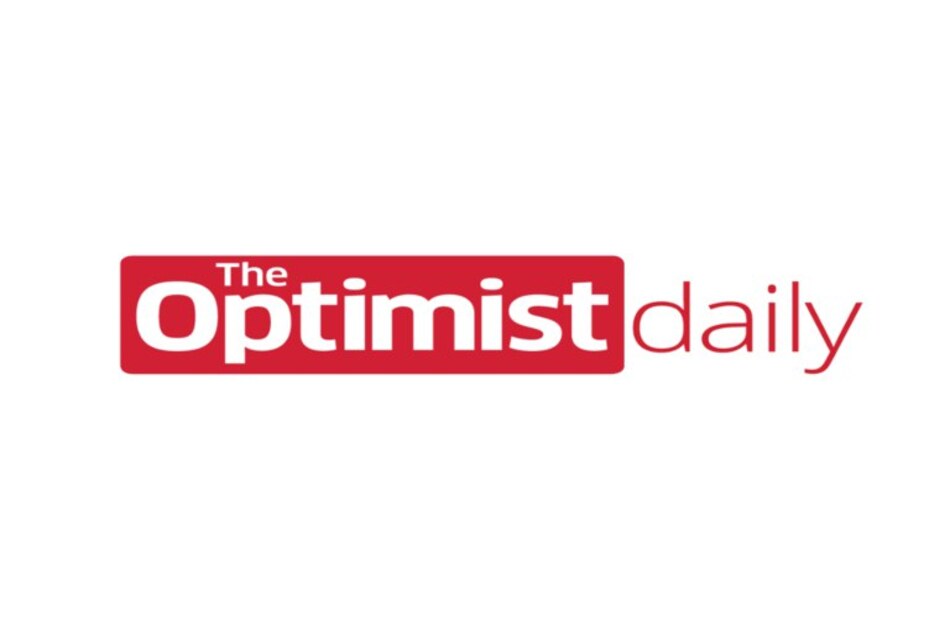The Federal Emergency Management Agency (FEMA) manages the federal response to large-scale emergencies, but the agency has received criticism in the past for discriminatory aid programs as well as instituting disaster recovery initiatives that unfairly burden low-income and minority populations. Acknowledging its historical shortcomings, FEMA announced that it plans to take steps to improve equity in response and relief efforts.
The agency has highlighted Covid-19 vaccine distribution as one key avenue for improvement. FEMA created a civil rights advisory group that aims to “identify and eliminate inequities” in the vaccination process. Additionally, the agency released a statement calling on the stricter evaluation of where relief money is allocated saying that recipients “should routinely consider the needs of all the populations they serve, including racial, ethnic and limited English-proficient communities, as well as individuals with disabilities, to ensure compliance with federal civil rights laws.”
Following criticisms of inadequate response after Hurricane Maria, FEMA’s Federal Insurance and Mitigation Administration has also laid out a three-year plan to increase resilience in traditionally underserved communities.
Although none of these changes have translated into tangible policy adjustments yet, Carlos Martín, a senior fellow at the Urban Institute, says, “That’s a huge step forward that FEMA is even talking about equity publicly.”
One strategy that has been suggested for improving FEMA’s efficacy is bolstering emergency housing aid, which makes housing resources available even for individuals who are not homeowners. This would make more resources available for low-income communities where a majority of residents are renters.
Another solution is eliminating the “cost share” requirement which mandates that local governments match a portion of FEMA’s contributions. This requirement means that small local governments or communities with limited financial resources are left out of relief spending.
Social justice advocates have been fighting for more equitable FEMA policies since 2005 when the agency faced intense scrutiny over its discriminatory handling of Hurricane Katrina. Although progress has been made over the past 15 years, there is still great room for improvement, so it is encouraging to see the agency take responsibility for its shortcomings and commit to action to improve.










